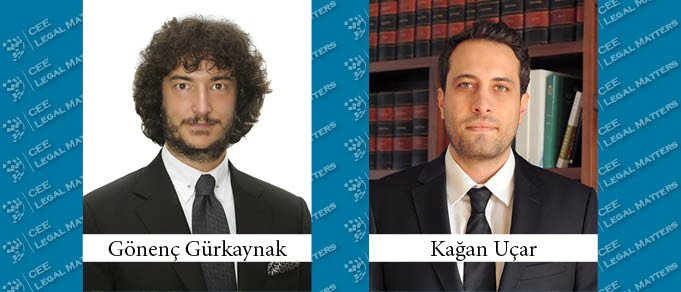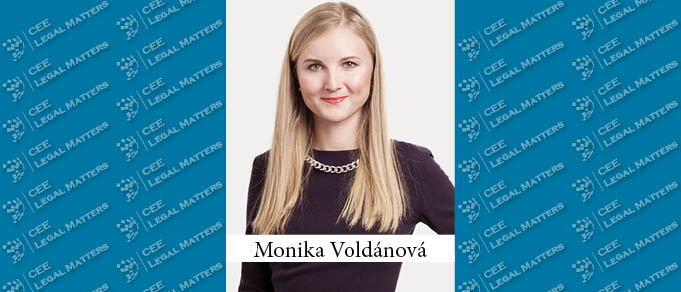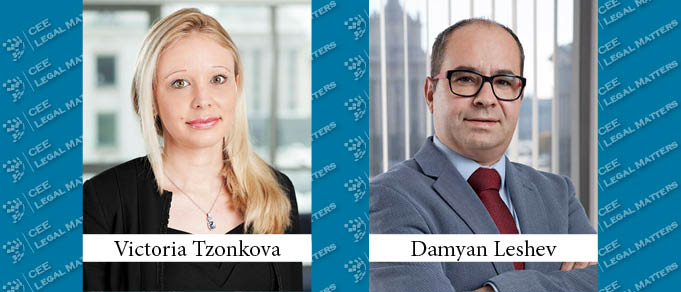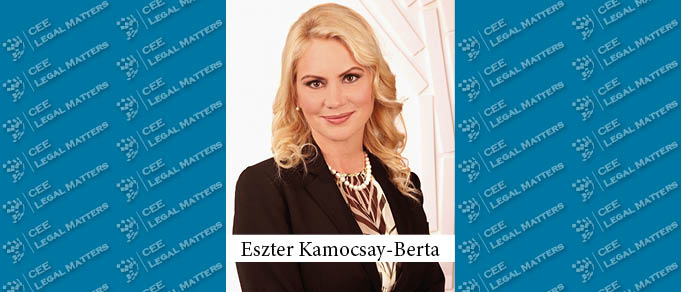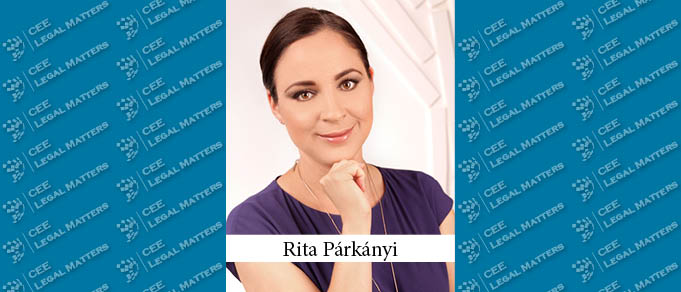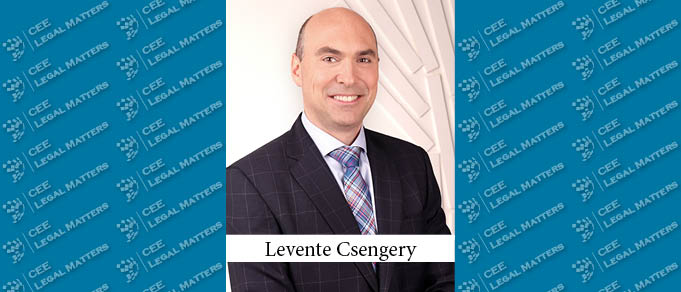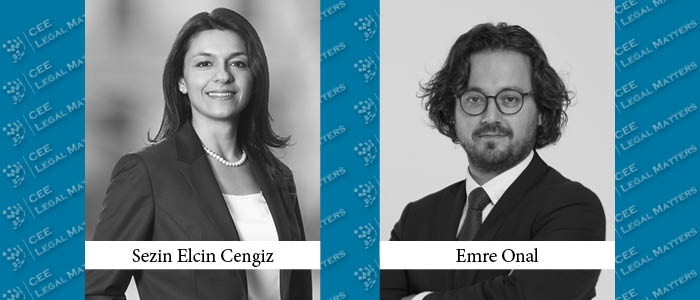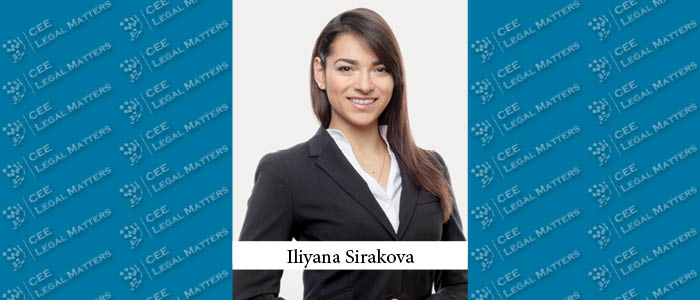The Turkish Competition Board (“Board”) has recently assessed the allegations that Allergan Ilaclari Ticaret A.S. (“Allergan”) engaged in discriminatory conduct and abused its dominant position by way of refusal to supply in its preliminary investigation decision. The complainant, Denge Ecza Deposu Ticaret A.S. (“Denge”), alleged that Allergan supplied some of its pharmaceutical products only to certain warehouses, rejected Denge’s request to work with Allergan and hindered Denge’s activities by restricting its access to Allergan’s products. The Board’s decision is remarkable as it assesses the allegations in detail under both Article 4 (anticompetitive agreements) and Article 6 (abuse of dominant position) of Law No. 4054 on the Protection of Competition (“Law No. 4054”) by discussing the competition literature on certain concepts such as indispensability and essential facilities doctrine and making references to the decisional practice in the European Union.
Cola is the Same Everywhere, Right?
A cola drink bought in the Czech Republic should be the same as one bought in Germany, right? Well from May 2021, this is required by an amendment to the Food Act which has codified a ban on dual quality food into the Czech legal system.
TBK Announces Appointments and New Name: Tsvetkova Bebov & Partners
Tsvetkova Bebov Komarevski has changed its name to Tsvetkova Bebov & Partners, following the departure of Ilya Komarevski. Aside from the new name, the firm announced that Victoria Tzonkova and Damyan Leshev were elevated to Partner, while Eleonora Mateina was appointed to Head of Competition and Pharmaceuticals.
ECJ’s Ruling in Favour of Boehringer - Pharmaceutical Companies May Retroactively Reduce Their VAT Liabilities
The Hungarian State unlawfully collected a sizeable amount of VAT from pharmaceutical companies ruled the European Court of Justice (ECJ) in a recent preliminary ruling procedure, initiated by Boehringer Ingelheim against the Hungarian tax authority.
Hungarian Constitutional Court May Scrap Mandatory Vaccination
At the end of October 2021, the Hungarian Government decided to take new protection measures to contain the fourth wave of the coronavirus outbreak, as a result, from 1 November 2021 employers have the right to require their employees to be mandatorily vaccinated. This means that to increase vaccination coverage and to protect workplaces, the Government allows employers to require their employees to be vaccinated against coronavirus as a condition of employment, either as a standard working condition for all employees or as an individual working condition depending on the job. For employees who have not yet been vaccinated, the employer may set a 45-day deadline for the first vaccination. Employers who require vaccination must inform the employee of the measure, the deadline and the possible legal consequences of not vaccinating, either electronically (in e-mail) or on paper. Furthermore, an employee who is medically certified as contra-indicated to be vaccinated against the coronavirus cannot expected to be vaccinated.
Possibility to Request Confirmation of Vaccination by Employers in Slovakia
The possibility of the employer to investigate whether its employees are vaccinated against COVID-19 was subject of heated debate in Slovakia. The prevailing view was the employer could not request such information from them as allegedly there was no legal basis for it in the Labour Code or other regulations. Surprisingly, such view was also supported by the Slovak National Inspectorate of Labour that claimed it should be up to the employees whether they inform the employer about their vaccination. There were also discussions whether obtaining such information by the employer complies with the GDPR.
Hungarian Constitutional Court Rejects Application to Investigate Immunisation Certificates
Immunisation Certificates played a big role in the previous wave of COVID-19 pandemic in Hungary. They were issued as a supplementary certificate to confirm that the cardholder had a positive COVID test or got at least the first shot of any of the available vaccines. At many stages of the pandemic, cardholders enjoyed specific privileges compared to the others (i.e. card was asked at many places that had an indoor room, such as theatres, cinemas, restaurants etc.). Even though the European COVID passport became available from 1 July 2021 among the EU, it is only issued for persons, who got an EU-approved vaccine. Since Hungary choose to vaccinate with non-EU-approved vaccines, the dichotomy of the certificates still remains.

